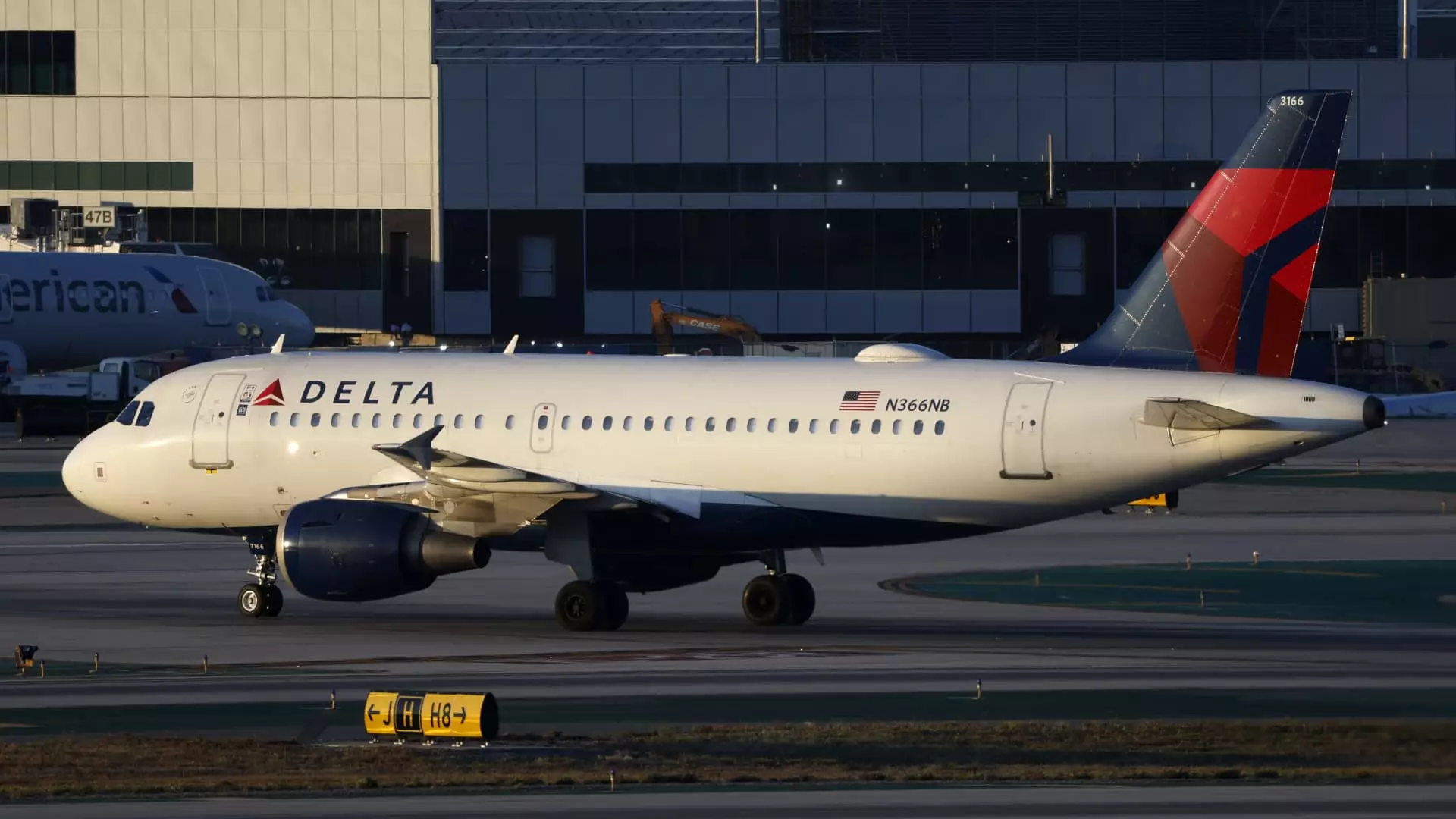Delta Air Lines recently disclosed that the CrowdStrike outage, which led to mass flight cancellations, inflicted a hefty financial toll of approximately $550 million. This staggering figure includes a $380 million revenue loss in the current quarter, attributed to refunds for canceled flights and customer compensation. Additionally, the airline incurred a $170 million expense related to the technology-driven outage and subsequent recovery efforts. The cancellation of around 7,000 flights also resulted in a $50 million reduction in fuel costs due to the grounded aircraft.
In the aftermath of the July 19 outage, Delta Air Lines faced significant challenges in restoring normal operations, especially when compared to its industry peers. The disruption, which took numerous Windows-based systems offline globally, had a profound impact on the carrier’s ability to serve its passengers effectively. Stranding thousands of customers during the peak summer travel season tarnished Delta’s reputation as a premium airline known for reliability. CEO Ed Bastian acknowledged the severity of the situation, emphasizing the need for improved operational resilience to prevent such incidents in the future.
Following the disruptive events, the U.S. Department of Transportation initiated an investigation into Delta Air Lines’ response to the outage and subsequent flight cancellations. This regulatory scrutiny underscores the importance of efficient crisis management and customer communication during unforeseen circumstances. The airline’s handling of the situation will be closely evaluated to determine compliance with industry standards and passenger rights.
Delta Air Lines is actively pursuing damages against CrowdStrike and Microsoft, holding them accountable for the financial losses and operational disruptions caused by the outage. The ongoing dispute revolves around the alleged inadequacy of support and communication provided by the technology vendors during the crisis. While CrowdStrike maintains that it promptly engaged with Delta’s security officers, the airline’s legal team insists on full compensation for the damages incurred. Microsoft, on the other hand, questions Delta’s technology investments compared to its competitors, hinting at a larger discussion on cybersecurity preparedness in the airline industry.
As the legal battle unfolds, both Delta Air Lines and the implicated technology vendors face the challenge of resolving their differences while upholding accountability for their respective roles in the incident. For Delta, enhancing operational resilience and customer service protocols will be critical to rebuilding trust and mitigating future disruptions. CrowdStrike and Microsoft, meanwhile, must address concerns raised about their support mechanisms and response strategies to prevent similar incidents in the future. Ultimately, the collaboration between airlines and technology providers is essential in safeguarding the integrity of the aviation industry and ensuring seamless travel experiences for passengers.


Leave a Reply